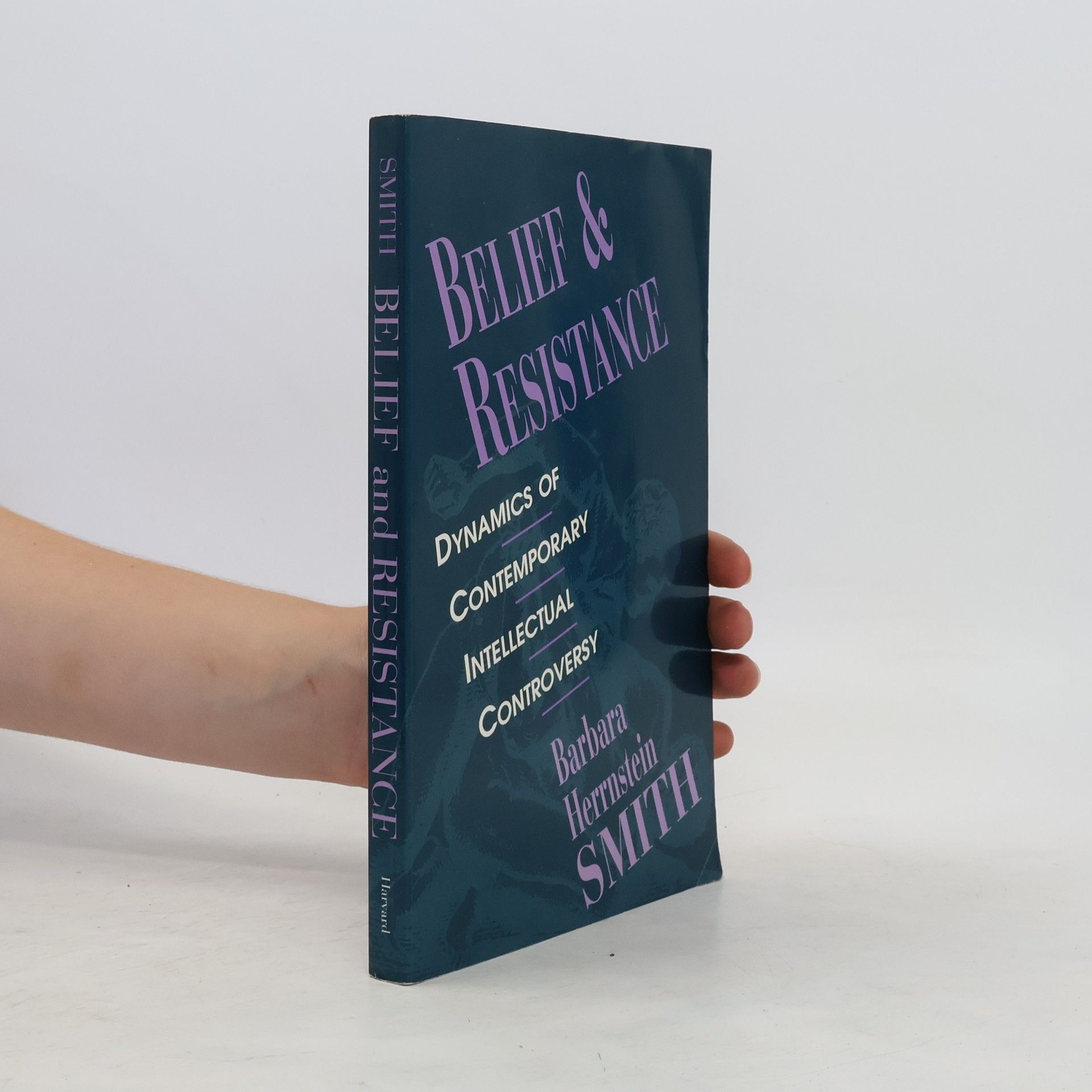Truth, reason, and objectivity—can we survive without them? What happens to law, science, and social justice when these ideals are rejected? These questions lie at the core of the controversies between traditionalists and postmodernists that Barbara Herrnstein Smith explores in her insightful work. She delves into the clash of belief and skepticism, highlighting our need for intellectual stability and the inevitable disruptions we face. Smith examines the frustrating impasses these controversies create and the common charges—such as "absurdity," "irrationalism," and "stubbornness"—that accompany them. She emphasizes our tendency to justify our beliefs while demonizing the motives of those who disagree. Her analysis of the cognitive and rhetorical dynamics of intellectual conflict draws on recent research in evolutionary biology, neuroscience, developmental psychology, and the sociology of science, alongside contemporary philosophy and language theory. Through her exploration, Smith engages with ongoing debates about the objective grounding of legal and political judgments, the value of Enlightenment rationalism, challenges to dominant ideas of scientific truth, and responses to Holocaust denial. By examining these controversies, she offers fresh insights into their motivations and dynamics, fostering a more positive understanding of intellectual conflict as a whole.
Barbara Herrnstein Smith Livres
Barbara Herrnstein Smith est une érudite distinguée dont le travail explore la nature de la théorie et de la critique littéraires. Elle étudie comment les significations et les valeurs en littérature sont construites et comment elles évoluent dans différents contextes sociaux et culturels. Son orientation académique examine l'essence même d'une œuvre littéraire et sa réception par les lecteurs. L'approche de Smith offre des perspectives profondes sur la relation dynamique entre le texte, le lecteur et la culture.
